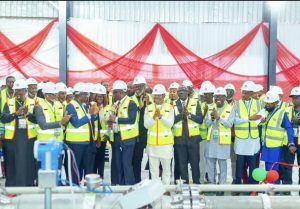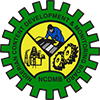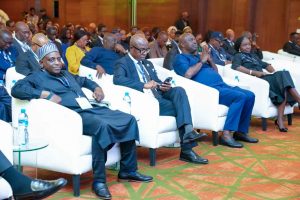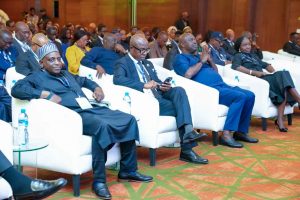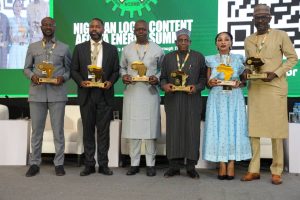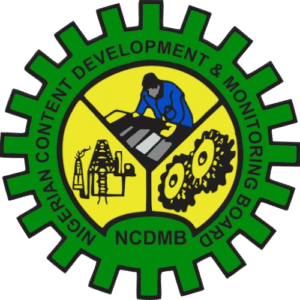
Inline with the key objective of the Nigerian Content Development and Monitoring Board (NCDMB) to systematically grow in-country value addition through development of local capacity and capabilities, the Board conducted a one-day series workshops for contractors, youths and host communities on the Community Content Guidelines for Imo and Delta States.
The workshop was aimed at enlightening host communities of their rights, obligations and privileges in order to increase local capacity and community participation in the oil and gas industry in line with the Board’s mandate.
Delivering the welcome address, the Executive Secretary, NCDMB, Engr. Simbi Wabote, represented by the General Manager, Corporate Communication & Zonal Coordination, Dr.Ginah O. Ginah explained that the workshop was targeted at protecting the host communities’ interest and participation in the oil and gas operation.
“We are now going round to the host communities in Nigeria to sensitize them on the Community Content Guideline to easily identify their roles to play as a host community and refer to the sections of the guidelines while communicating with the oil and gas industry in their community”, Ginah said.
In his presentation, Dr. Ginah revealed that the Guidelines seek to assure indigenes of the communities that they can be gainfully employed and have their competencies developed through relevant training opportunities, adding that thousands of young Nigerians have been trained and attached to various ongoing projects in the industry to enable them gain requisite industry experience and permanent employment.
Expounding further, the General Manager stressed that the Nigerian Content policy is about domiciliation of industry operations and development of local capacity. He charged participants to engage the Board’s NOGICJQS database to fully participate in the Nigerian Content Human Capacity Development Initiatives.
Also speaking, the Deputy Manager, Capacity Building Division, Mr. Timbiri Augustine enlightened the participants on the various training opportunities managed by the Board. He further explained that the various training facilities are intended to close the skill gaps as well as boost local capacity and competency to provide the needed workforce for Nigerians to fully participate in the oil and gas industry.
Discover more from Nigerian Content Development & Monitoring Board
Subscribe to get the latest posts sent to your email.

